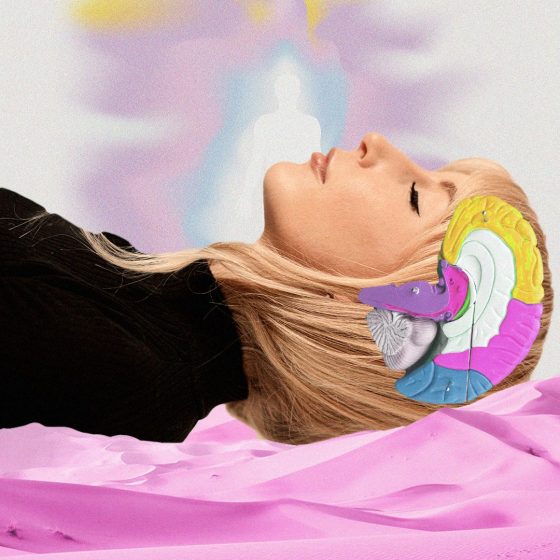My friends and I have been trying to arrange a meet up for months. Our whatsapp chat is peppered with dates and suggestions, Facebook is echoing with unanswered event invitations, Instagram is filled with names tagged beneath supper clubs and workshops and tapas evenings. We can’t seem to find anything that works.
Having a packed diary is hardly unusual. An increasing number of millennials juggle side hustles with their full-time jobs, and as we move through our late twenties our own schedules increasingly have to accommodate partners, children, and ageing relatives. Undoubtedly, we all have a lot to work around, but why is it that I feel that part of this busyness is a carefully curated and upheld performance?
I first noticed it earlier this year, when an acquaintance lied about a weekend break with her boyfriend, claiming that they never took any time away. The statement baffled me. Although charades like this are respite from social media’s blemish free highlight reel, I couldn’t understand why anyone would conceal a short break to make themselves look like they were living in some sort of temporal poverty. Downplaying a fortnight in Mauritius might be a sensitive move to avoid alienating or upsetting those for which it would be a distant dream, but doing the same for a night in a Scottish hotel seemed to be the opposite; a censoring of leisure time to curate a persona of frantic, non-stop work and duty.
Around my full- time job, I have several ventures, and spend time working for my boyfriend’s business. As my day job has grown into overtime and working away, and my freelance work has increased in demand, my spare time has shrunk, and my social life has been the biggest casualty. I thought that I was managing well, arranging evenings out when I could and being honest about my workload, until I was forced to reflect on my own contribution.
Asked if I had any nights free for supper and cocktails, I felt crippled by anxiety. I did have an evening free the following week, but to admit it and offer it up seemed like a failing. Why should I finish work and have time in my schedule that wasn’t colour coded with client appointments, editing, or putting together a business plan? Similarly, I paused before uploading a photo showing a stack of books that I’d recently read. Would people judge me for having the time to open a novel? Should I use the caption to apologise? Should I explain exactly how and when I read (while drying my hair and while waiting for appointments)? Why was I even bothering to blow dry my hair? Shouldn’t I be getting stuck in to work, droplets of water running down my spine?
The more I thought, the more I realised that we seemed to be in an uncomfortable cycle of fetishising being busy. Friends who binged Love Island told me that they couldn’t possibly find time to read. Others dismissed my freelance writing as a “hobby”, oblivious to both the disheartening process of cold pitching, the effort of writing, and the joy of being paid. I inwardly tallied the number of times I watched Instagram stories of long baths, days at the beach, and gym selfies.
This behaviour is damaging. Millennial burnout is a hot topic, with the famous Buzzfeed essay still circulating. We all know that long hours at work do nothing for our physical or mental health. I also think that when we take our work and make it into a competition, we risk losing our friendships.
When a friend is having a hard time, we need to be able to offer our support, whether as an ear to listen, practical help, or company to drown in a vat of Aperol Spritz. When we respond to a “I’m so stressed at work” with “Me too!” and enter into a downward spiral of comparison, we do our friendship a disservice. We all have different points at which the intersection of paid and unpaid labour breaks us, and respecting that means reacting to our friends’ workload with compassion, not trying to win in the busyness stakes.
Honesty is key to this. “Busy” is such a tired concept that we no longer react to it – except with our own claim. Talking about what exactly is filling your schedule, the demands your boss is making, or the planning behind your new venture, fosters empathy. Your friends want to know about your life, they want to help you, and sweeping the minutiae of your life into the hold-all of “busy” shuts off that conversation.
And when your whatsapp chat is filled with apologies and “Can’t make it – so busy”, ask your friends what they are doing. Respond with interest. Don’t let the competition continue. And talk about your weekend plans, your books, the series you’re bingeing, and the evening class you’re taking up. Every minute of your life shouldn’t need to be monetised, or filled with domestic drudgery. Young women have enough to contend with without competing with our friends.









